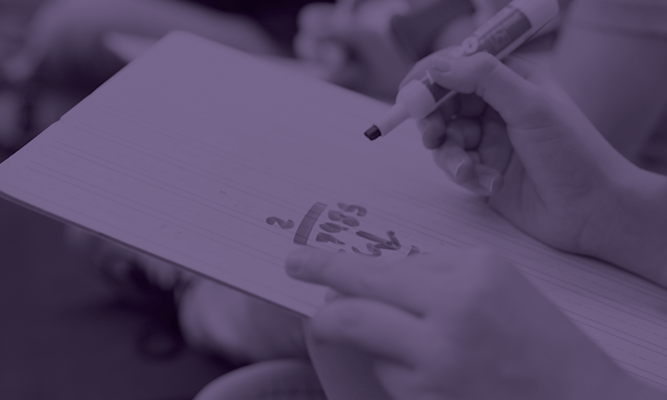

Student achievement in 2021-22: Cause for hope and continued urgency
New NWEA research finds signs of academic rebounding in the 2021-22 school year while simultaneously underscoring the sustained need for urgency in responding to the COVID-19 crisis.
By: Megan Kuhfeld, Karyn Lewis
Topics: COVID-19 & schools


Achievement and growth norms for English MAP Reading Fluency Foundational Skills
This report documents the norming study procedure used to produce the achievement and growth user norms for English MAP Reading Fluency Foundational Skills.
By: Wei He
Products: MAP Reading Fluency
Topics: Measurement & scaling


Test score patterns across three COVID-19-impacted school years
This study uses test scores from 5.4 million U.S. students in Grades 3–8 to track changes in math and reading achievement across the first 2 years of the COVID-19 pandemic.
By: Megan Kuhfeld, James Soland, Karyn Lewis
Topics: Equity, COVID-19 & schools


Pathways of mathematics achievement in preschool: Examining executive function and task orientation
This study used longitudinal data from a sample of 467 preschoolers to examine (1) if children’s executive function (EF) skills at the beginning of pre-K predict growth in their mathematics achievement across the pre-K year, (2) whether growth in learning behaviors, specifically task orientation, mediate the associations between EF and mathematics achievement, and (3) if there are sex differences in these associations.
By: Tara Hofkens, Jessica Whittaker, Robert Pianta, Virginia Vitiello, Erik Ruzek, Arya Ansari
Topics: Early learning, Math & STEM


The pandemic’s toll on academic growth wasn’t uniform. Recovery efforts can’t be either
In this Education Week blog, AIR and NWEA researchers share insights from their collaborative research on academic impacts of the COVID-19 pandemic, and what their work suggests about how much academic recovery students need .
By: Andrew McEachin, Emily Morton, Dan Goldhaber
Topics: Equity, COVID-19 & schools


Four-day school weeks have proliferated across the United States, but little is known about their implementation or their effects on students. This study uses district-level data from Oklahoma to provide estimates of the causal effect of the 4-day school week on high school students’ ACT scores, attendance, and disciplinary incidents during school.
By: Emily Morton


The COVID-19 school year: Learning and recovery across 2020-2021
This study uses test scores from 4.9 million U.S. students in Grades 3 through 8 to examine the academic disruptions of the COVID-19 pandemic by modeling student achievement trends prior to and during the pandemic, with particular focus on growth in 2020-2021.
By: Megan Kuhfeld, James Soland, Karyn Lewis, Erik Ruzek, Angela Johnson
Topics: Equity, COVID-19 & schools


